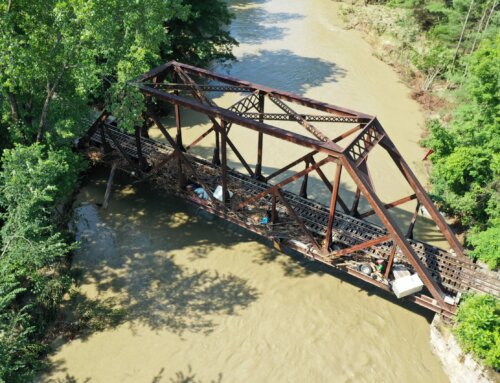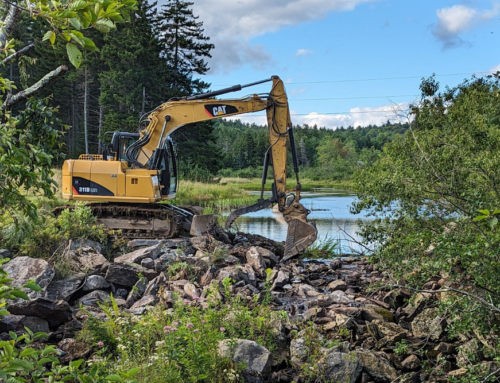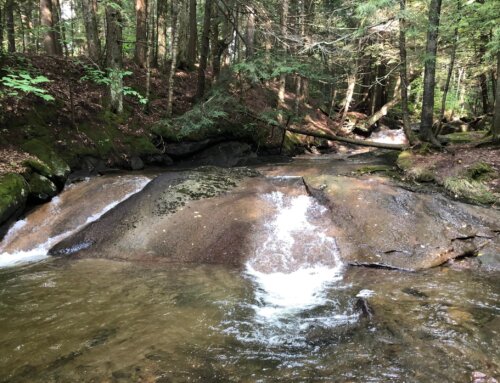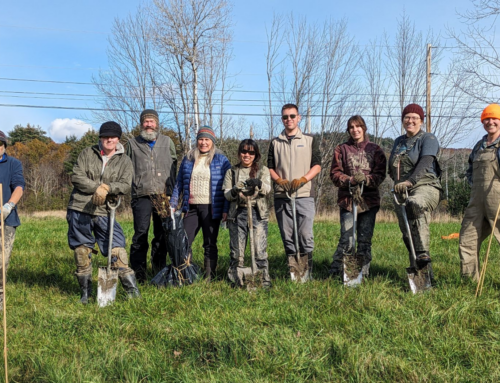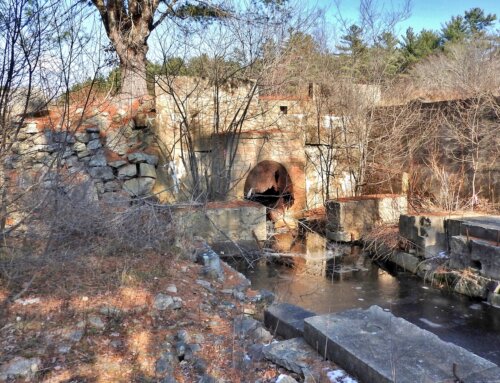Swanzy, NH. August 23, 2010. The New Hampshire Department of Environmental Services began work on the removal of the Homestead Woolen Mill Dam August 23, 2010. The dam is located in the Ashuelot River in Swanzey, New Hampshire. It is immediately downstream from the historic Thompson Covered Bridge. Stabilization of the bridge to protect its center pier from washing out has been a major complication but it will be stabilized as part of the dam removal project.
The timber crib dam was beyond repair and the high cost to rebuild the dam coupled with the desire to restore the free-flowing river prompted the dam owner to work with the River Restoration Program at the New Hampshire Department of Environmental Services and approve the removal of the dam.
“River restoration ………..projects have tremendous environmental and natural habitat benefits,” said DES Commissioner Tom Burack. “This project is only able to move forward because we have the tremendous cooperation of many stakeholders and the sponsorship of natural resource advocates.”
CRC has been part of the development and planning of the removal since the idea was put on the table. CRC through our NOAA River Restoration program provided cash and encouragement to complete the project. Other partners with NH DES have been the U.S. Fish and Wildlife Service, National Oceanic and Atmospheric Administration (NOAA), NH Fish & Game, Fish America Foundation, NH Corporate Wetland Restoration Partnership, U.S. Department of Agriculture’s Natural Resource Conservation Service, and the New Hampshire Chapter of The Nature Conservancy.
The removal will reconnect over 20 miles of riverine habitat that will not only restore fish passage but improves aquatic habitat for a host of other aquatic species including macroinvertebrates and fresh water mussels.
State and federal biologists were busy relocating mussels that would be stranded by the new lower water levels caused by the removal of the dam. Lower water will be experienced several miles upstream from the dam. Included in this relocation effort is the dwarf wedge mussel, a federally listed endangered species. The mussels are being relocated into the new river channel.
Professor Francis Magilligan of Dartmouth College will monitor the river to evaluate the full impact of the dam removal providing information on the physical changes to the river now that the dam will be removed permanently.
For more information about this project, please contact, Deb Loiselle, DES River Restoration Coordinator at 603 271-8870.



